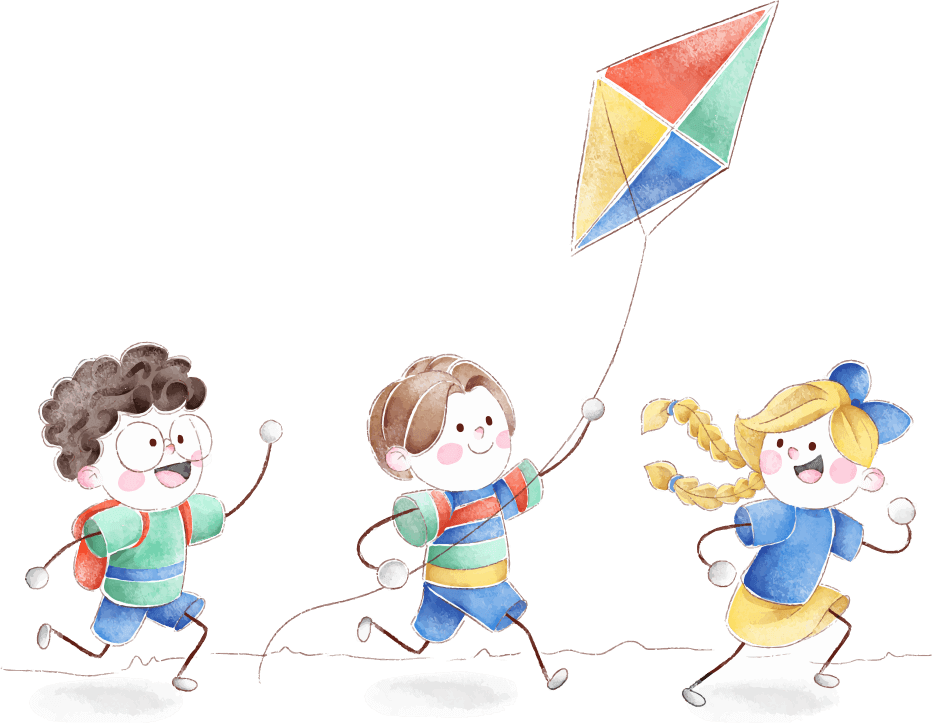
The Importance of Sensorial Skills in Montessori Education



Sensorial skills play a crucial role in the development of young children in a Montessori environment. Maria Montessori, the renowned educator and founder of the Montessori method, believed that the senses are the gateway to learning and understanding the world around us. By engaging children in sensory experiences, they can explore, discover, and make sense of their environment in a hands-on and meaningful way.
From birth to around age 6, children are in a sensitive period for sensorial development. This is a critical time when children can absorb and learn from their surroundings at an accelerated rate. By providing children with opportunities to engage in sensorial activities, such as exploring different textures, colors, shapes, and sounds, they can refine their senses and develop important skills that will benefit them in all areas of their life, including language development.
In a Montessori environment, children are given the freedom to choose their activities and work at their own pace. The carefully designed materials and activities in the classroom are specifically geared towards engaging the senses and promoting exploration. For example, the pink tower and brown stair materials help children to develop their sense of size and dimension, while the sound cylinders and smelling bottles aid in refining their sense of sound and smell.
By engaging in sensorial experiences, children can develop important language skills. For example, when children are exploring different textures, they are not only using their sense of touch but also expanding their vocabulary as they describe what they are feeling. By using descriptive words like “smooth,” “rough,” “soft,” and “hard,” children can build their language skills and communicate their observations more effectively.
Furthermore, sensorial activities help to lay the foundation for pre-reading and pre-writing skills. For example, when children are matching objects by size or color, they are developing important visual discrimination skills that are necessary for reading and writing. By engaging in activities that involve sorting, categorizing, and sequencing, children are also developing important cognitive skills that will benefit them in their literacy development.
In addition, sensorial activities help children to develop their attention to detail and concentration. By focusing on a task and using their senses to explore and discover, children can develop their ability to stay focused for longer periods. This skill is critical for learning and academic success, as children can pay attention and engage in their learning more effectively.
Overall, the importance of sensorial skills in a Montessori environment cannot be overstated. By engaging in sensory experiences, children can develop important language skills, improve their cognitive abilities, and enhance their attention and concentration. Through hands-on exploration and discovery, children can make meaningful connections with the world around them and develop the skills they need to succeed in all areas of their development.


